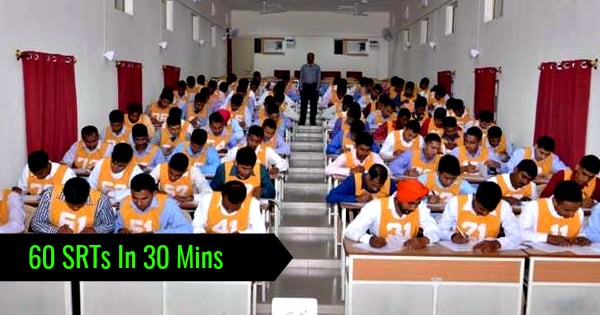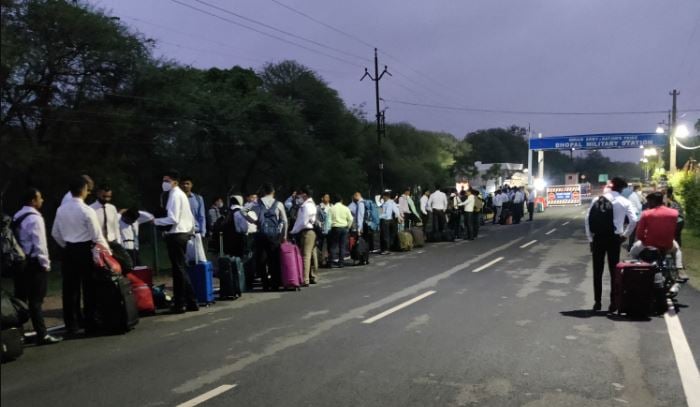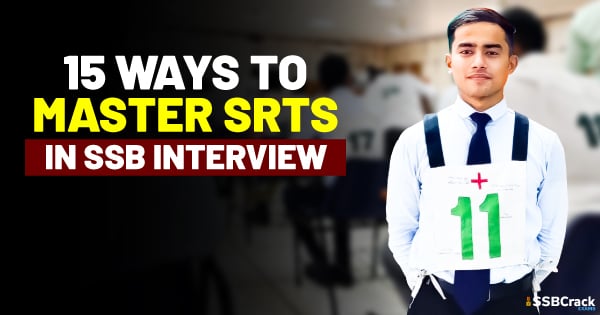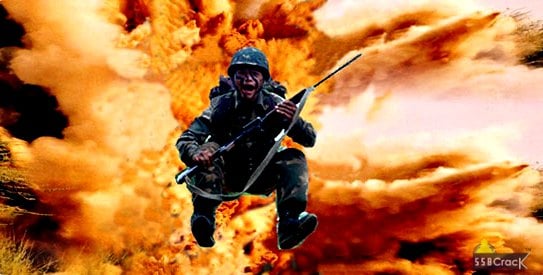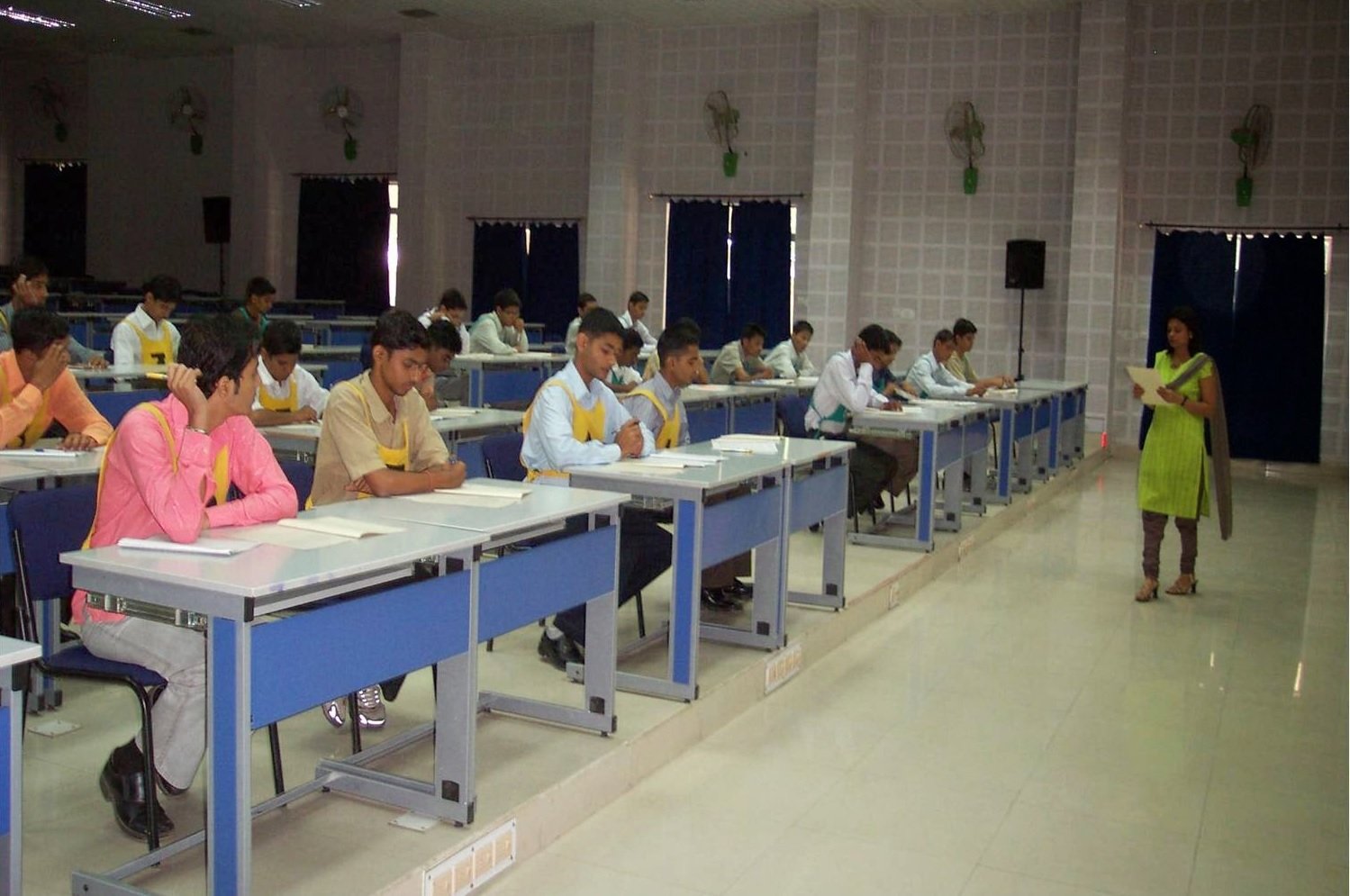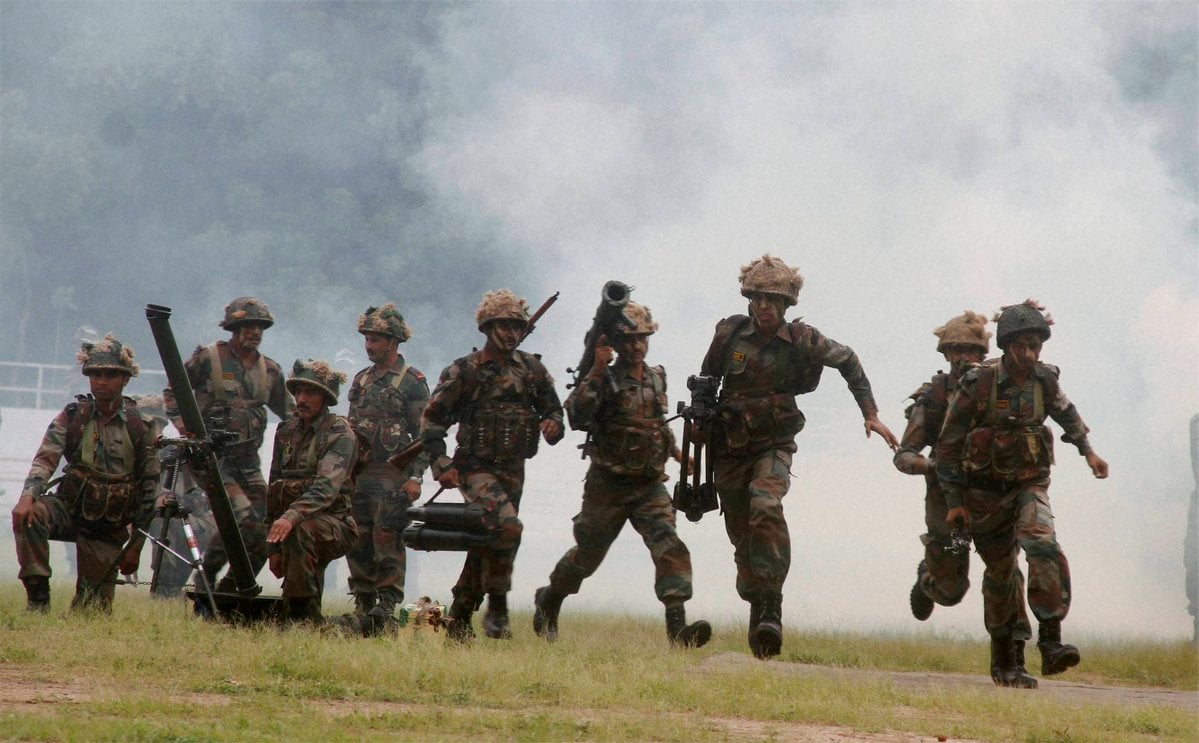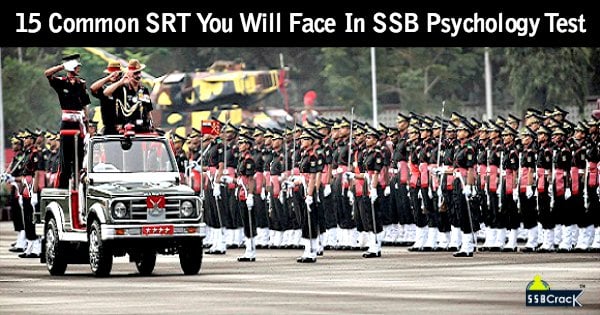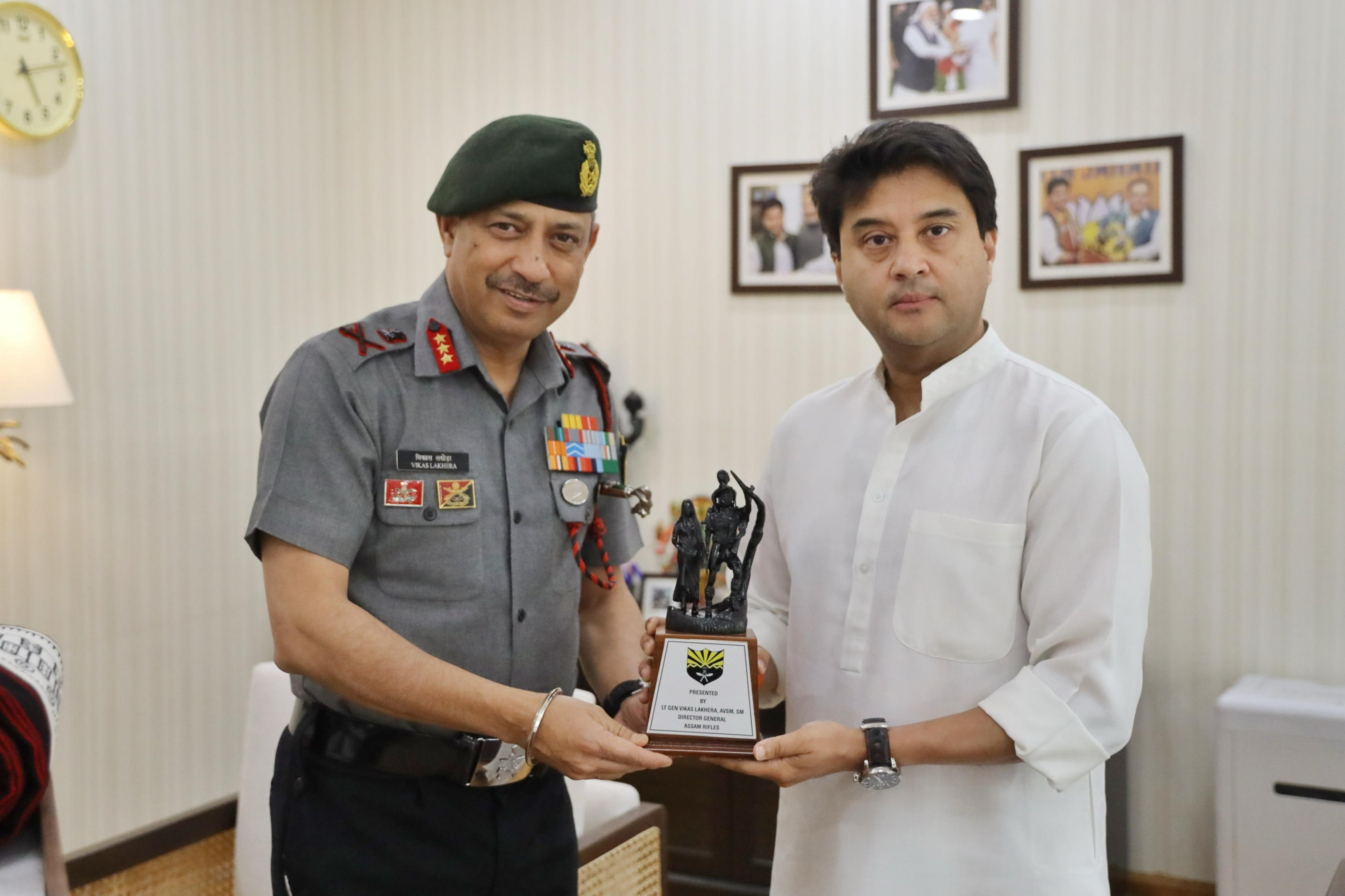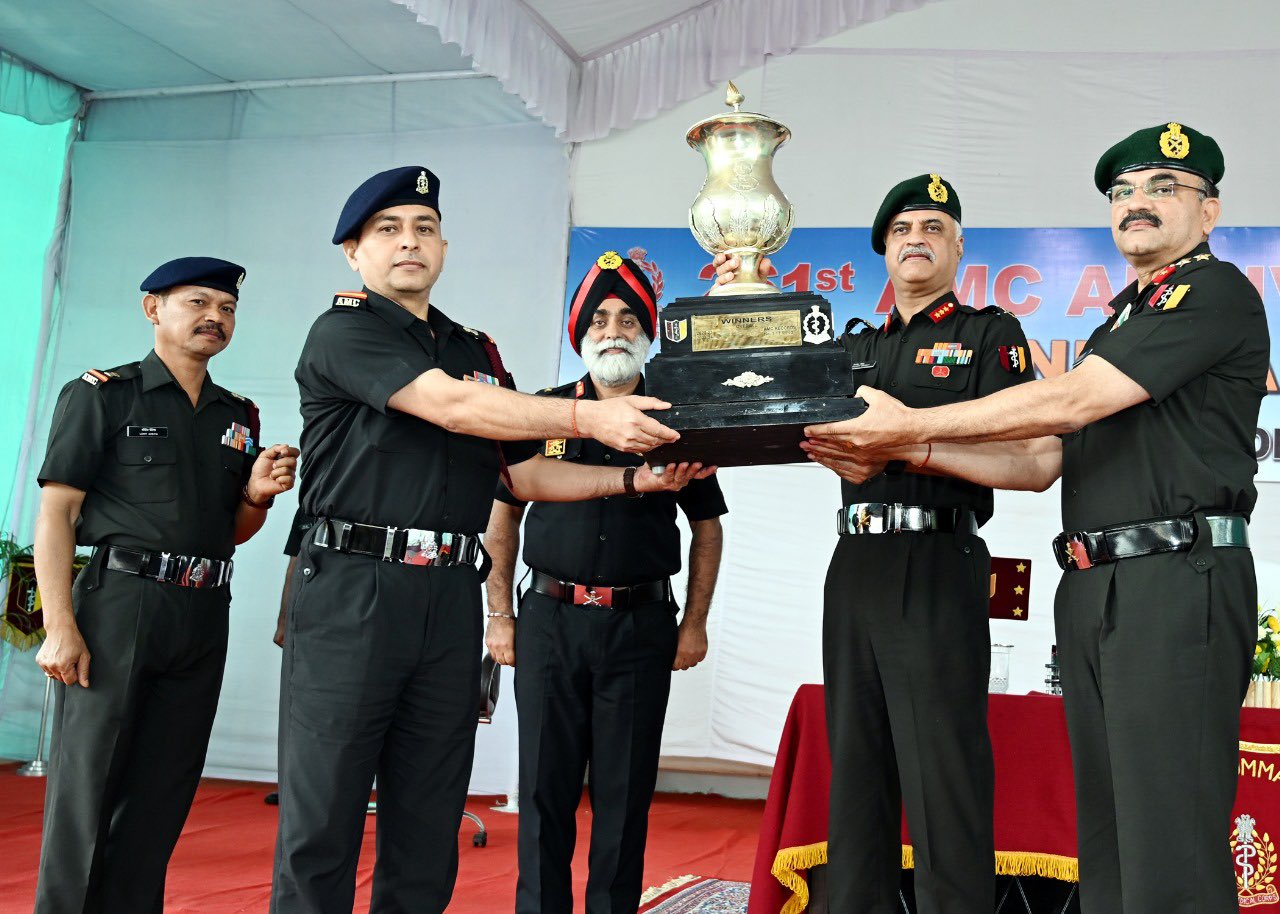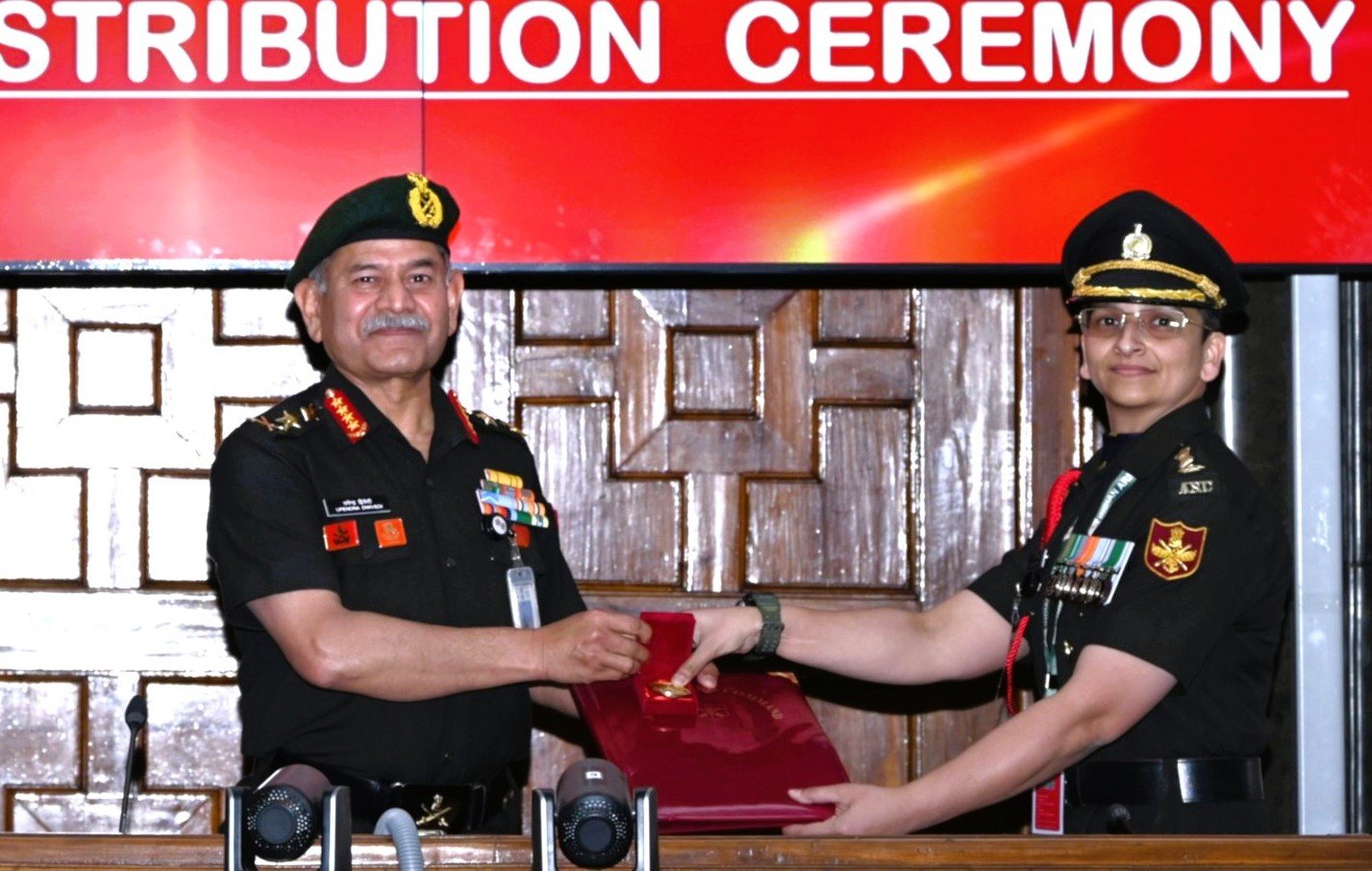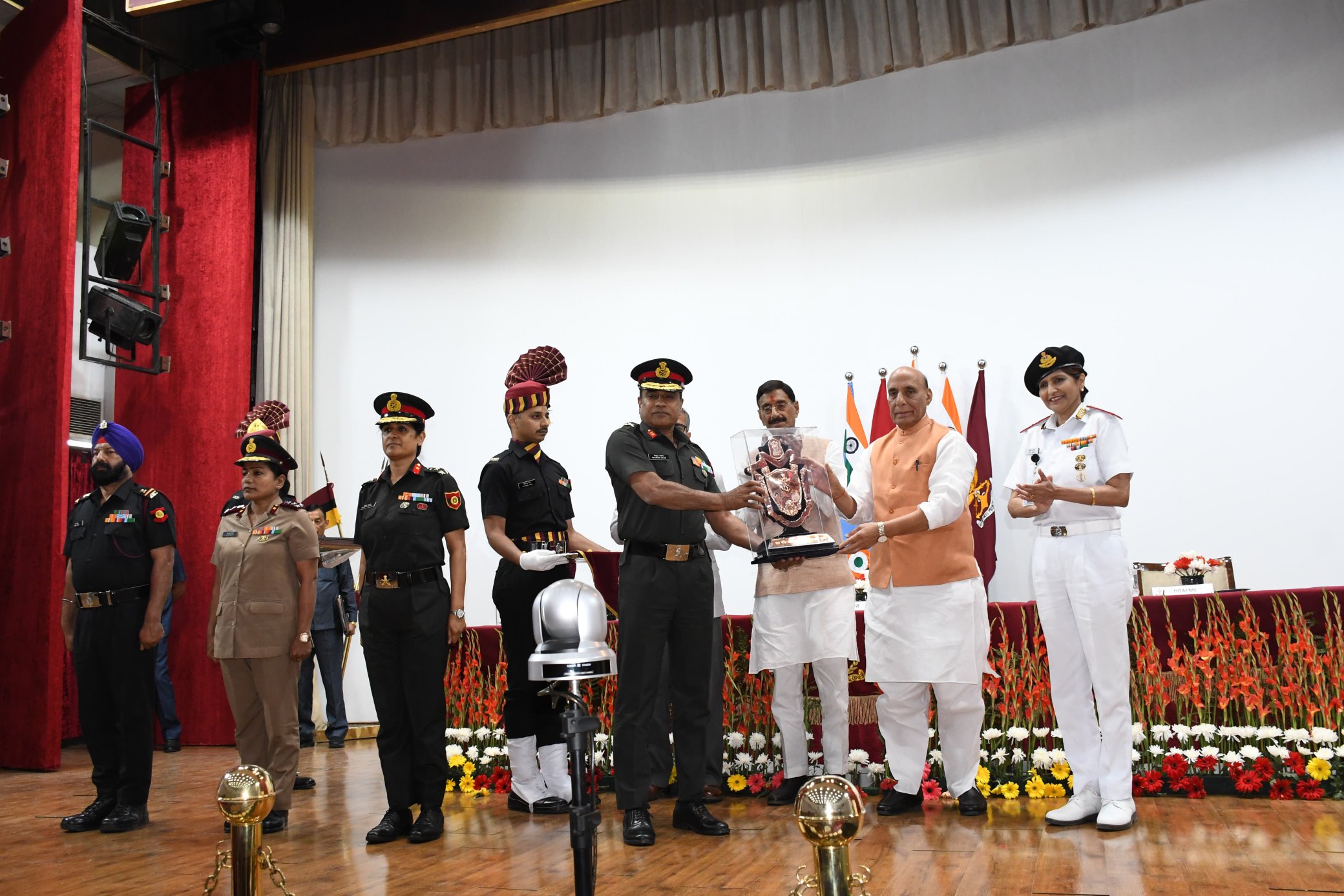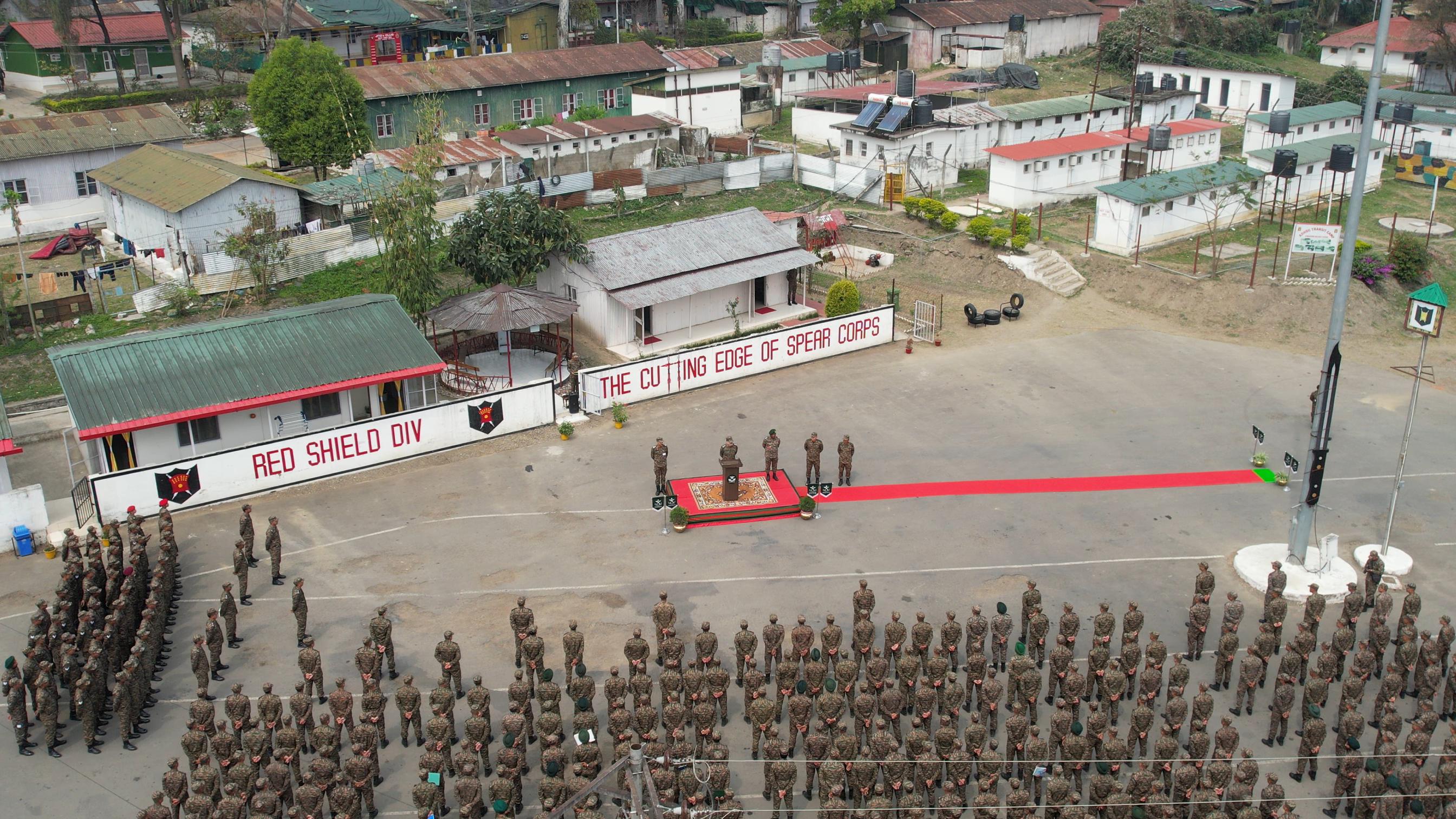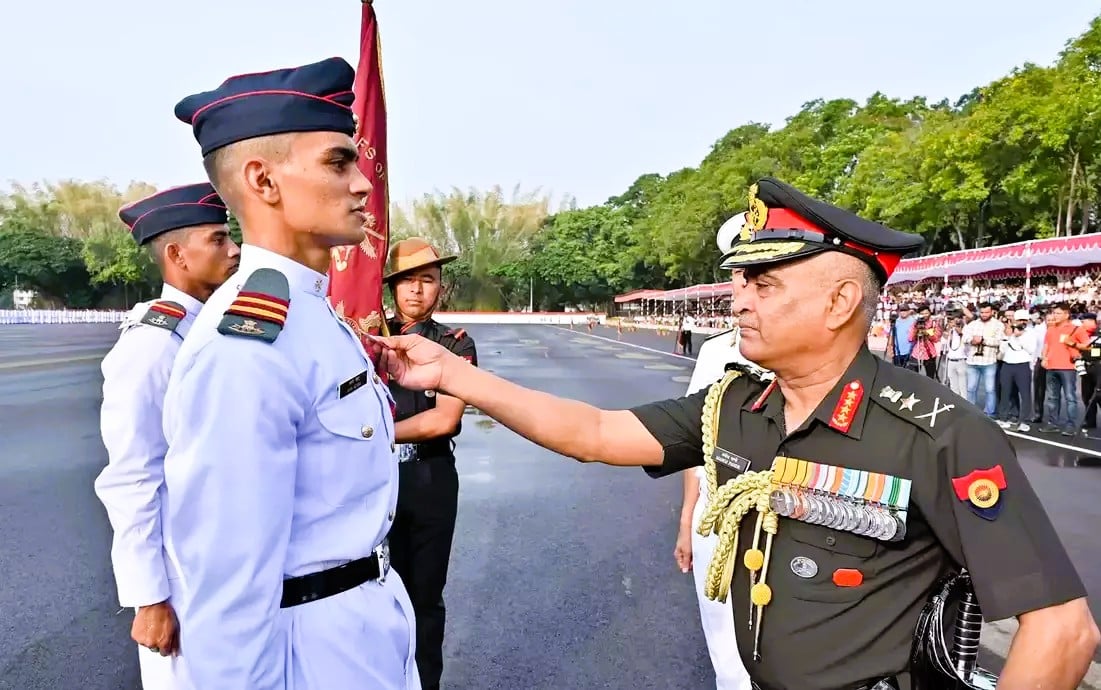Situation Reaction Test (SRT) is largely a test of common sense. In day-to-day life, we come across certain unforeseen and unsought situations and we are called upon to resolve these and act in a suitable manner to meet the demand of the situation.
An Armed Forces officer comes across new, uncommon and inexperienced situations during his service career which can only be tackled if he has an alert mind, thinks logically and clearly, and gives quick decisions in those situations of stress and pressure without getting nervous.
SRT measures an individual in action and confronts him with situations related to own life, in response to which he expresses his feelings. This way, the individual reveals some of his personality traits through his performance and reflects his spontaneous techniques, reasoning ability and maturity of dealing with life situations preconceived by the psychologist.

Here we are providing few techniques to complete 60 SRTs in 30 minutes
- Write minimum possible words in your response, using action words and punctuation marks (Like a comma, full stop), it shortens the answer. Use telegraphic language. This saves time.
For example: While going to college, he saw fire in the building, people were panicking. He…..
Action 1: He was pacifying the people to calm them and using fire extinguishers tried to stop the fire and called the fire brigade to come to extinguish fire then he rescued the people from fire and called an ambulance to admit them to the hospital. (IMPROPER)
Action 2: pacified the people, switched off mains, used fire extinguishers, called up fire brigade, rescued people, admitted them to the nearest hospital. (PROPER) - Don’t write merely the reaction, write full action.
For example: While playing football, he twisted his ankle very badly. He….
Reaction: took first aid.
Complete action: took first aid, continued playing and won the match. - It is very important to note that there is no right or wrong answer to any situation. There is a course of action to be followed which can differ from person to person. So don’t waste your time finding the correct answer, just write whatever comes to your mind naturally but it should make sense.
- If for any situation, you have a lot of options in your mind, write the best one. For example, the situation is: He is good in studies but can’t pay his college fee…. In this situation, you may want to write– somehow managed or managed from a friend, later returned him . With these answers, reflects your trait of dependency on others. Until it is very urgent or some other option is not available where you can’t manage by self, don’t write these. You may write, took a part time job or gave tuition classes.
- Although the situations given are simple but if by any chance you can’t find a response to some uncommon situation, move on to the next one without wasting time. If you have time later, then think and write it down.
- If you find that a situation is repeated in some other form, then give the action differently but see it is not contradictory to the previous action.
- Always try and empathise yourself into the situation and then think for the solution. That way you think faster and respond.
- Manage your writing speed. For this, you need to focus and practice. Initially, start practising without a clock and time. Try to improve your responses. As soon you see progress in your thinking process, try to be quicker in responding and put the time limit of 30 seconds to it. Remember to practice writing fast and legible too.Always remember that one learns to act appropriately to these situations by virtue of the experience one gains in life and not by the knowledge gained through classroom instruction. This is a natural and instinctive test of yours, don’t mug up answers.

